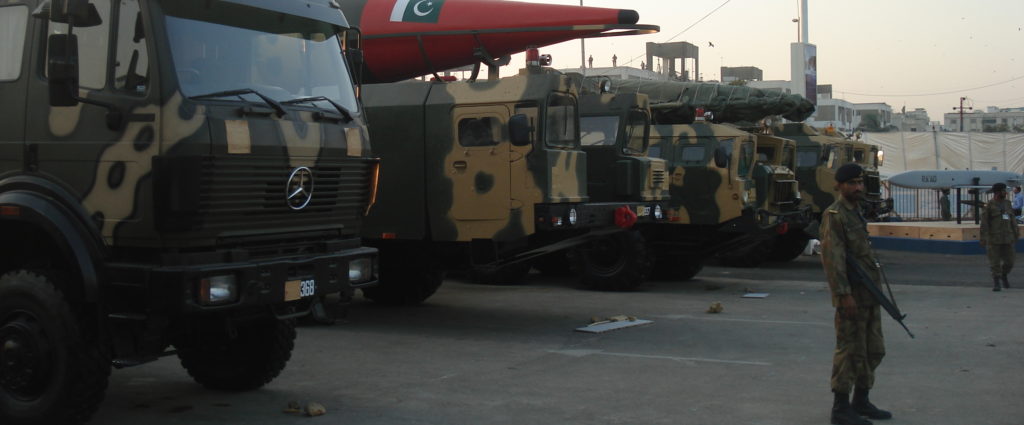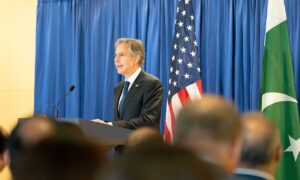Building Greater Understanding of Nuclear Risks in South Asia
In 2018, Stimson, in collaboration with the Regional Centre for Strategic Studies in Colombo, Sri Lanka, convened a workshop to consider the impact of potential nuclear effects and prospects for consequence management in South Asia. The group, which included experts from India, Pakistan, Sri Lanka, and the U.S., considered four “black swan” scenarios: a radiological dispersal device terror attack, a nuclear plant accident, a nuclear weapons accident, and a limited nuclear exchange.
The workshop set out to consider the wide range of strategic, political, socio-economic, environmental, and public health effects of each potential scenario.
The group found that the challenges presented by potential nuclear incidents are underappreciated by many states and the broader international community.
Supporting Long Term Change
The South Asia Program’s impact is in its engagement with leaders and analysts across the region who think critically and dispassionately about strategic risks. In particular, the program focuses on creating space for critical exchange and strategic debate for all those who seek it, be they the next generation of rising scholars, contemporary experts, or policymakers from New Delhi, Islamabad, Washington DC, and Beijing. This convening role and the relationships that grow from it serve, over the long term, to help reduce the likelihood of potentially catastrophic nuclear scenarios unfolding in South Asia.
A Shared Understanding of the Risks
The 2018 workshop facilitated substantive analytical discussion on nuclear events and offered a replicable framework for facilitating similar research and discussions in other domestic, regional, and international fora. The sessions also generated new insights on an understudied area of consequence management in a nuclear environment, opening the doors for new research and discussions on responses to potential nuclear disasters and creating more space for the consideration of transnational effects of black swan events.
“The South Asia Program’s work on nuclear effects and consequence management help to expand conversations that typically focus on scenarios for escalation. By shifting the focus from ‘what if?’ to ‘what then?’ we were able to break new ground in our research and engagement efforts while building bridges with a network of the region’s sharpest contemporary and emerging analysts.”
– Sameer Lalwani, Senior Fellow & Director of the South Asia Program




